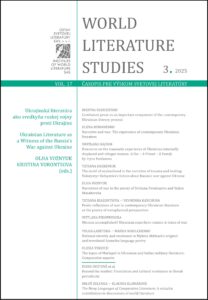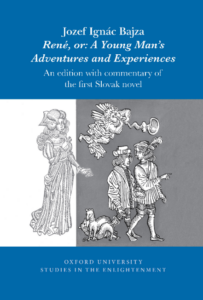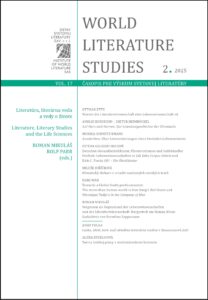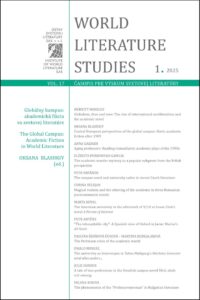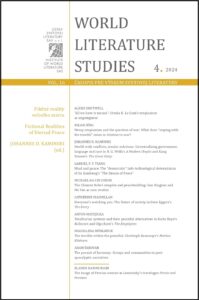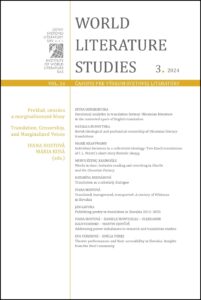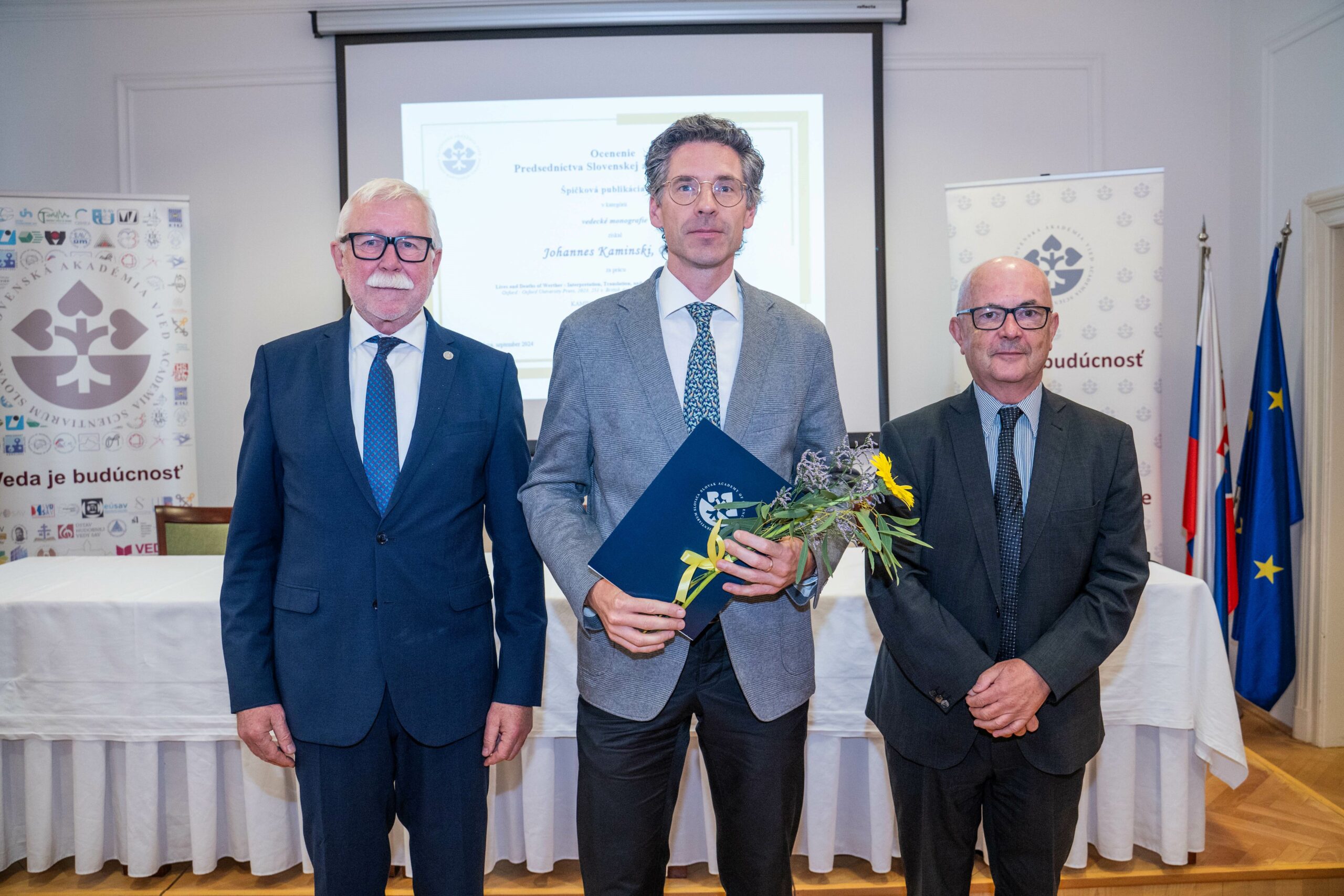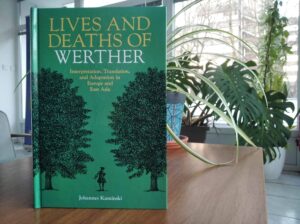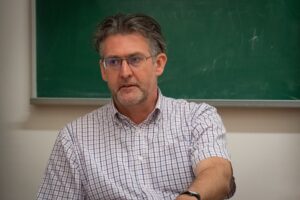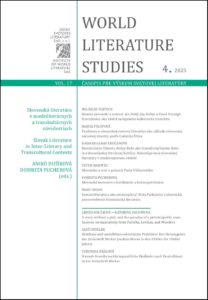 eds. Anikó Dušíková ‒ Dobrota Pucherová
eds. Anikó Dušíková ‒ Dobrota Pucherová
The topic of this issue focuses on the question of Slovak literature’s position in world literature: i.e. what is the relationship between the national and the global context? In the search for an answer, the studies find that neither “worldliness” nor “Slovakness” are self-evident attributes. The contributions show a spectrum of possible ways of looking at Slovak literature as part of the world literary system: through interliterary relations, cultural transfer, transculturalism, Christian spirituality, Slavic identity, feminism and cosmopolitism. They problematize concepts such as “center/periphery”, “minor” or “belated”, and undermine a hegemonic understanding of world literature
World Literature Studies is an open access and print scholarly journal published quarterly by Institute of World Literature, Slovak Academy of Sciences. Licensed under Creative Commons BY-NC-ND 4.0. Subscriptions: Slovak Academic Press, s. r. o., Bazová 2, 821 08 Bratislava, sap@sappress.sk. Annual subscription: 40 €
Articles:
MILOSLAV VOJTECH
Básnici slovenskí a svetoví: Ján Hollý, Ján Kollár a Pavol Országh Hviezdoslav ako aktéri
európskeho kultúrneho transferu
MARTA FÜLÖPOVÁ
Predstava o slovanskej svetovej literatúre ako základe slovenskej národnej identity
podľa Ľudovíta Štúra Continue reading World Literature Studies 4/2025: Slovak Literature in Inter-Literary and Transcultural Contexts
